
Από τους πιο σημαντικούς παράγοντες για την για την επιλογή του σωστού UPS είναι ο χρόνος της αυτονομίας που θέλουμε να μας δώσει το UPS σε περίπτωση διακοπής. Ο τύπος και αριθμός μπαταριών που έχει το UPS καθορίζουν την αυτονομία του.
The calculation should be done with the following formula:
C = (P × T) ÷ (V × η × K)
Where:
- C – Battery capacity, in Ampere × hours (Ah)
- P – Power consumption in Watt (W)
- T – Backup time; in hours (h)
- V – Battery voltage, in Volt (V)
- η – Battery conversion efficiency
-
K – Battery discharge constant
- Όταν ο χρόνος αυτονομίας της μπαταρίας είναι <3h, K = 0.6
- When the battery backup time is 3~5h, K = 0.8
- When the battery backup time is 5~10h, K = 0.85
- When the battery backup time is >10h, K = 1
Για παράδειγμα εάν το φορτίο είναι 8000W (8kw) και ο ζητούμενος χρόνος αυτονομίας είναι 1 ώρα, τότε οι μπαταρίες που μπορούν χρησιμοποιηθούν σε UPS θα πρέπει να έχουν τα ακόλουθα χαρακτηριστικά.
C = (8000W × 1)/(12V × 16 × 0.92 × 0.6) = 75.5AH.
Δηλαδή μια μπαταρία 100AH μπορεί να εγγυηθεί περίπου 1 ώρα αυτονομίας.
Είναι σημαντικό να αναφέρουμε ότι οι μπαταρίες όπως και οι περισσότερες ηλεκτρονικές συσκευές καταπονούνται με τη συνεχή χρήση και σε βάθος χρόνου η αυτονομία τους μειώνεται. Μια λύση είναι να αγοράσετε εξ'αρχής μπαταρίες με αρκετά μεγαλύτερη χωρητικότητα (πχ. 50% περισσότερη). Εναλλακτικά, είναι πολύ σημαντικό να ελέγχετε τακτικά την υγεία των μπαταριών σας ή σύμφωνα με τις πρόσφατες εξελίξεις, να εξετάσετε την αγορά UPS νέου τύπου (λιθίου) που προσφέρει μεγαλύτερη αυτονομία και διάρκεια ζωής.
Η Tescom Hellas διαθέτει μπαταρίες που μπορούν να καλύψουν όλα τα είδη των UPS. Μάθετε περισσότερα εδώ, όπως και υπηρεσίες ελέγχου και αλλαγής των μπαταριών όταν αυτό απαιτείται.
Σε περίπτωση που χρειάζεστε βοήθεια για τον υπολογισμό της αυτονομίας ή έχετε περισσότερες ερωτήσεις επικοινωνήσετε με τους ειδικούς της Tescom Hellas ώστε να σας βοηθήσουν.


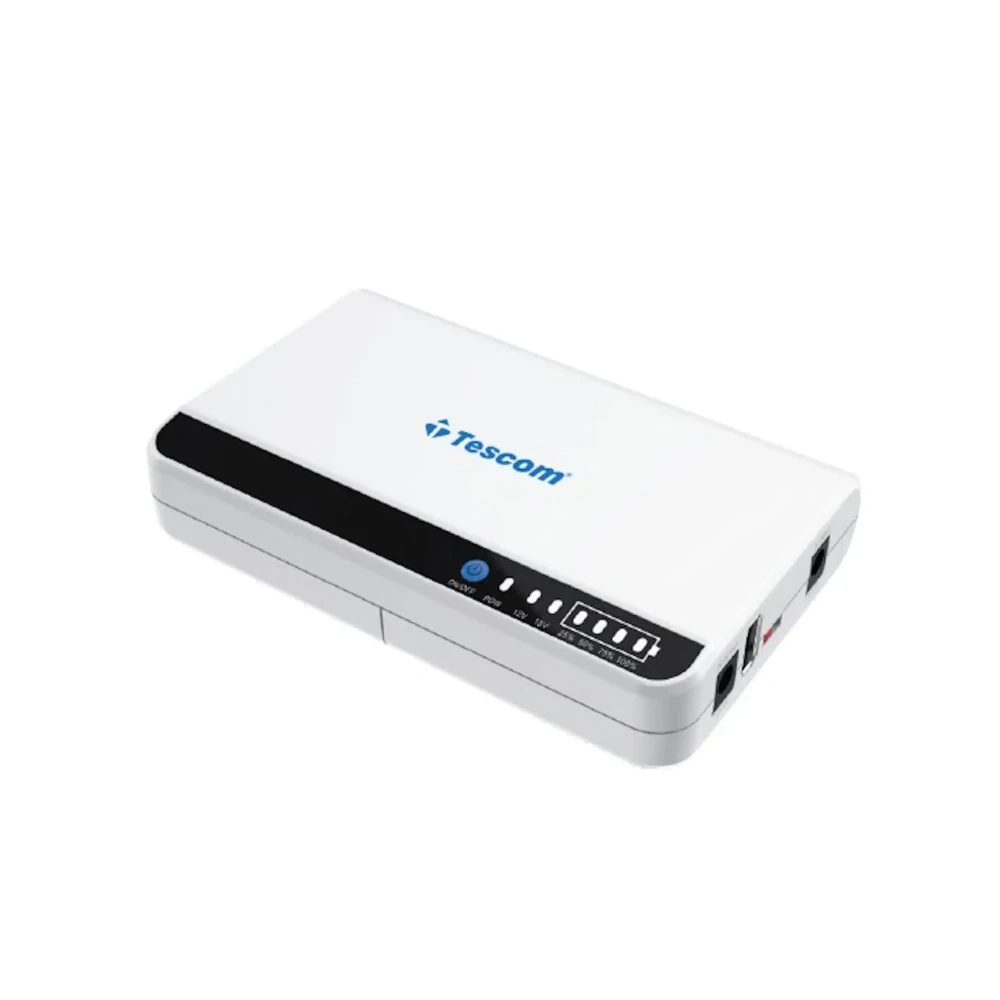
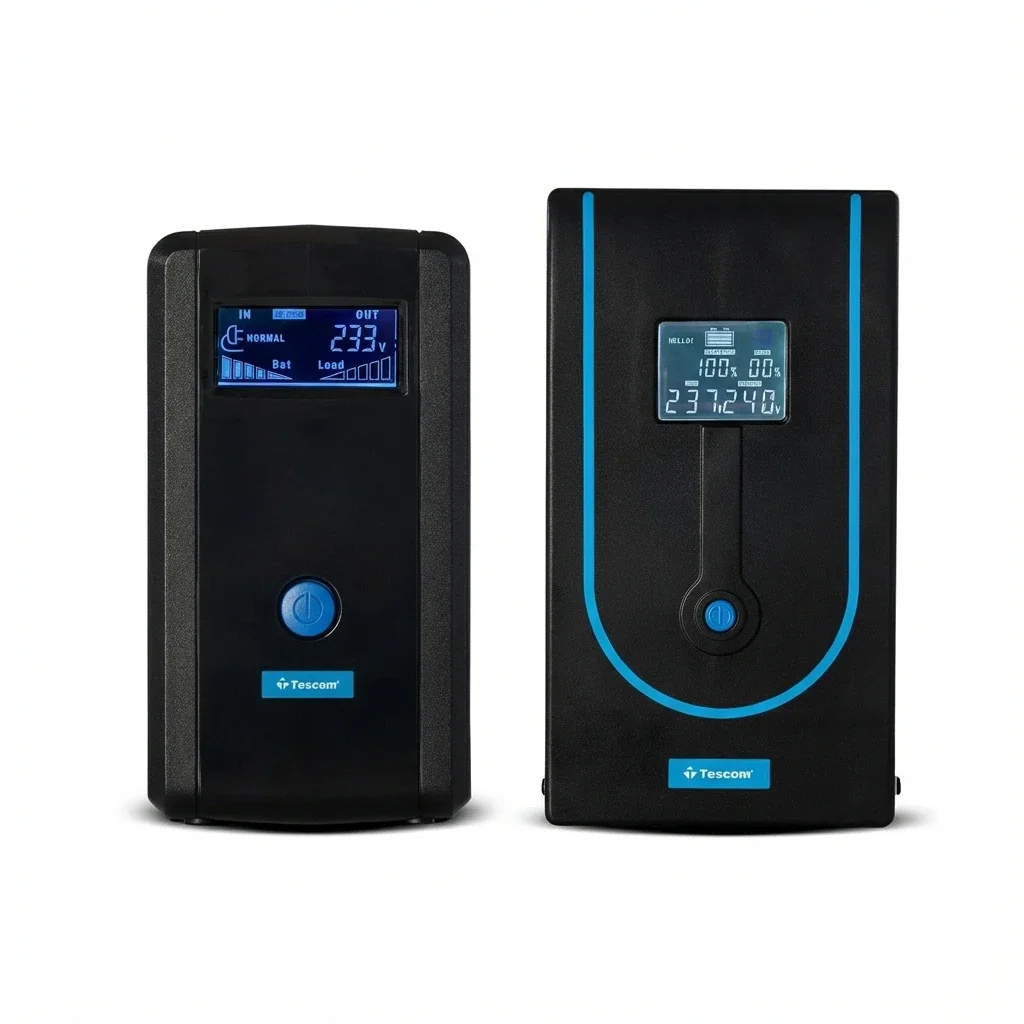 LEO LCD
LEO LCD
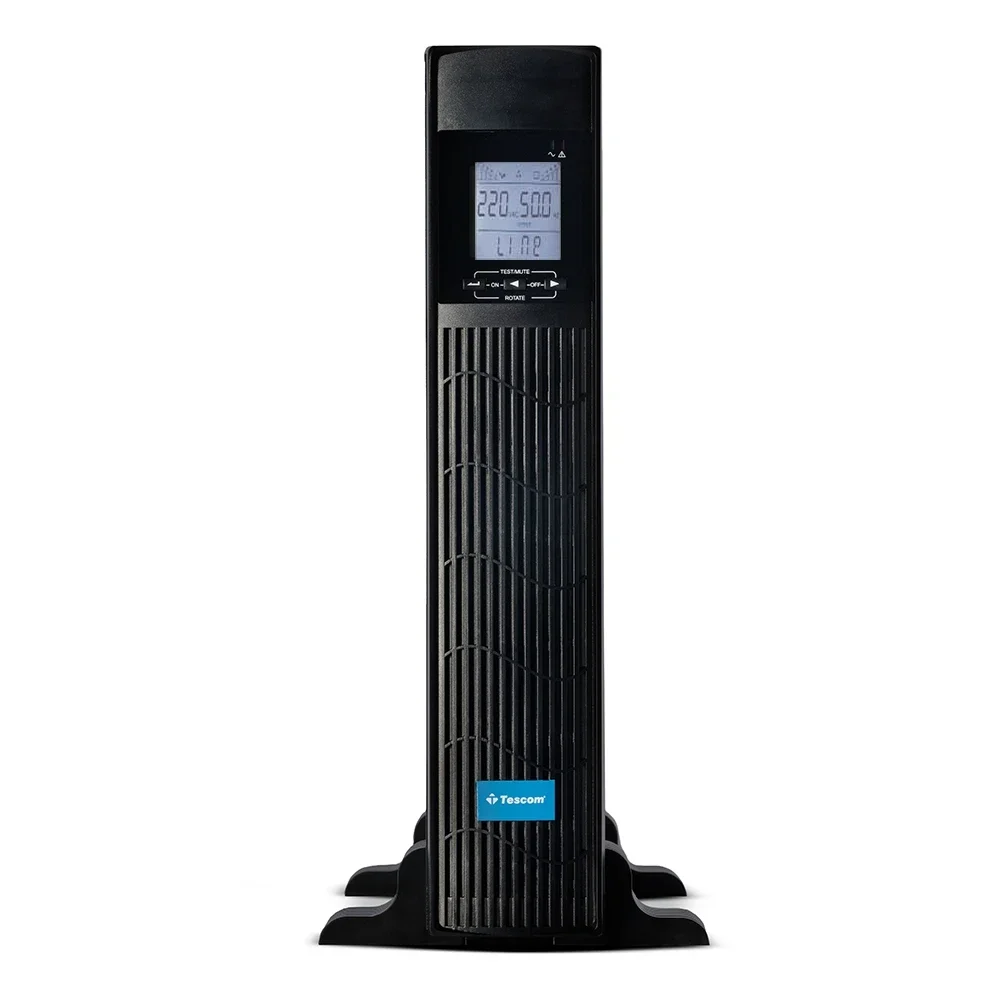
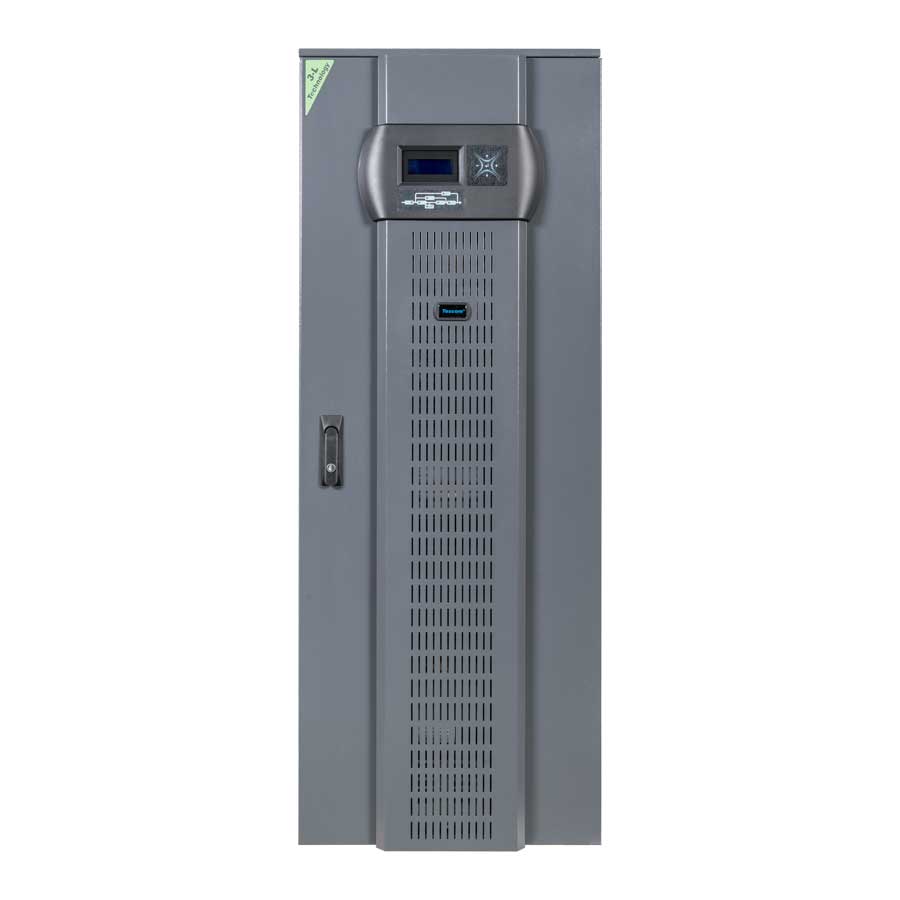 DS 300 H/HB
DS 300 H/HB
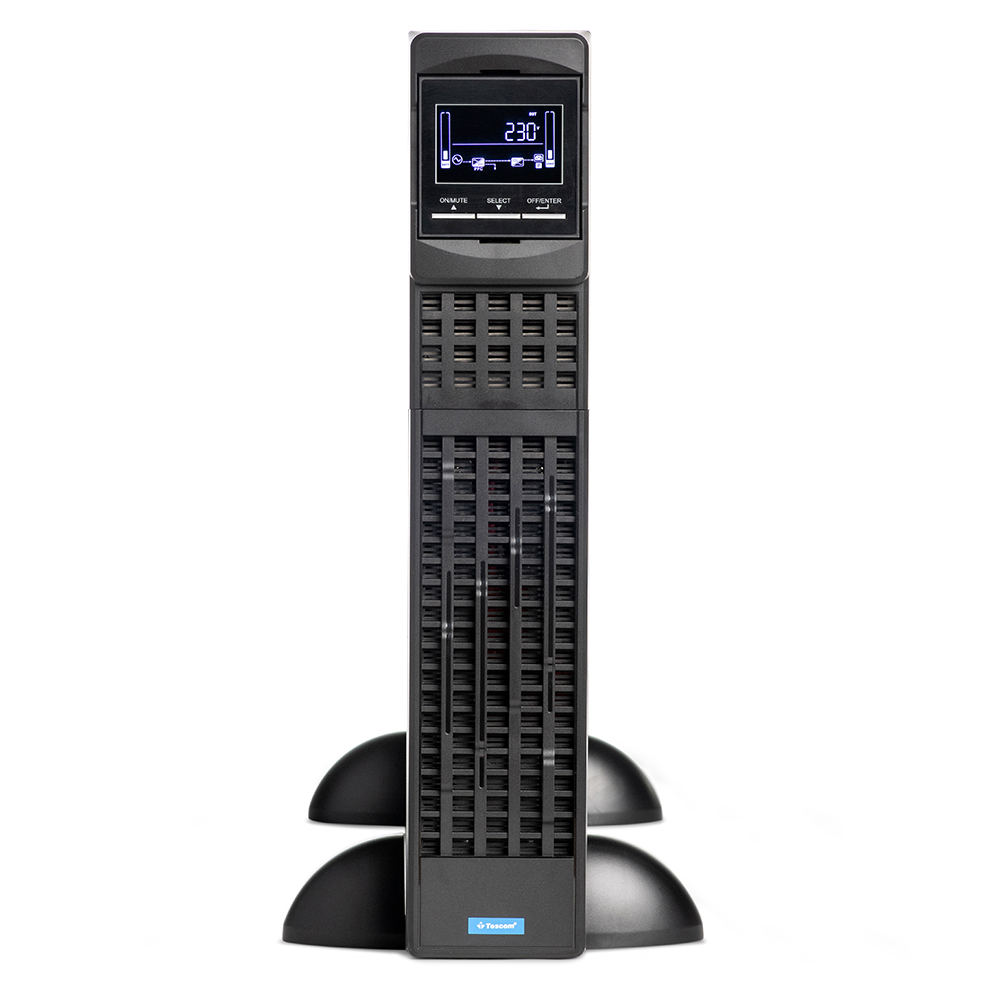 PRIME PLUS
PRIME PLUS
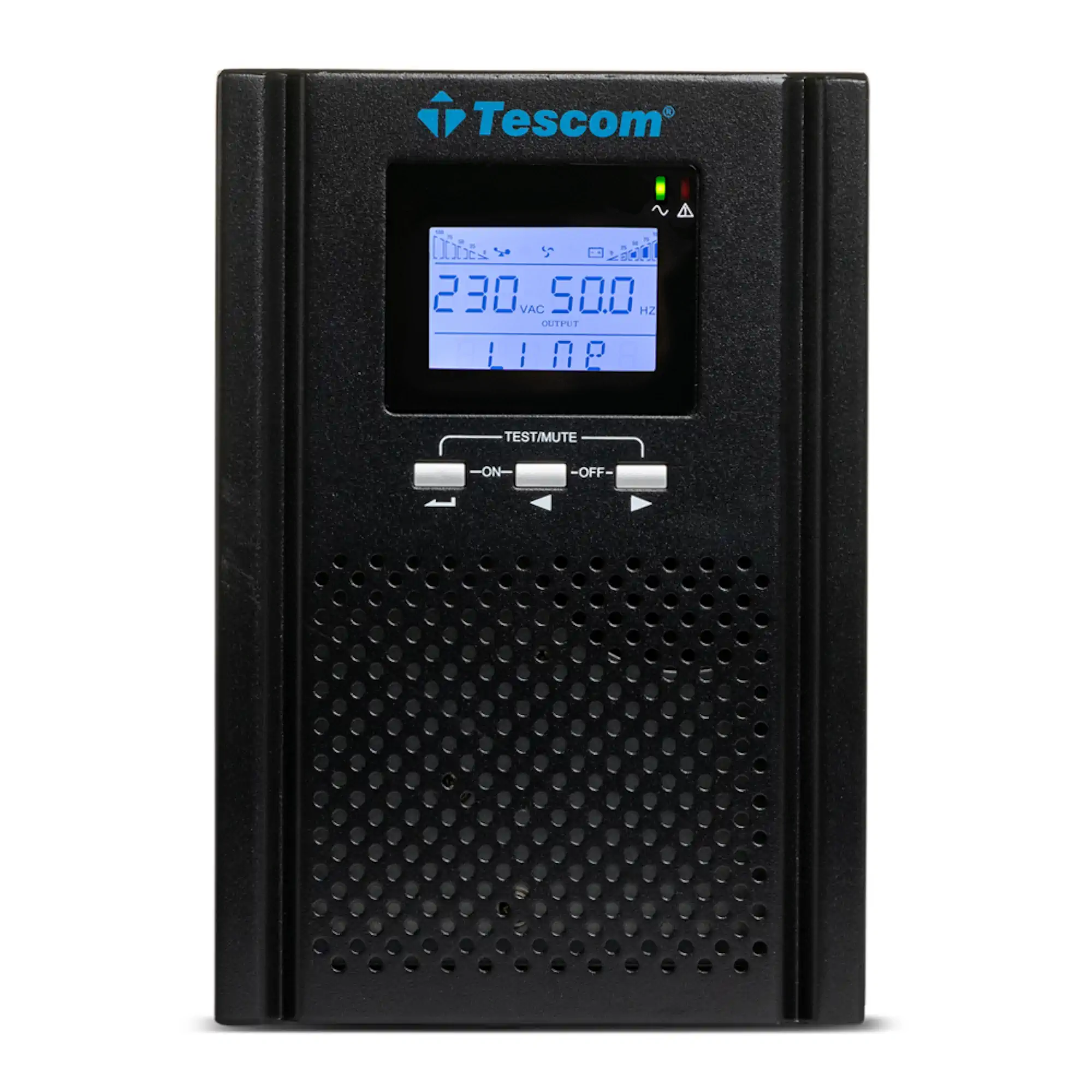 NEOLINE
NEOLINE
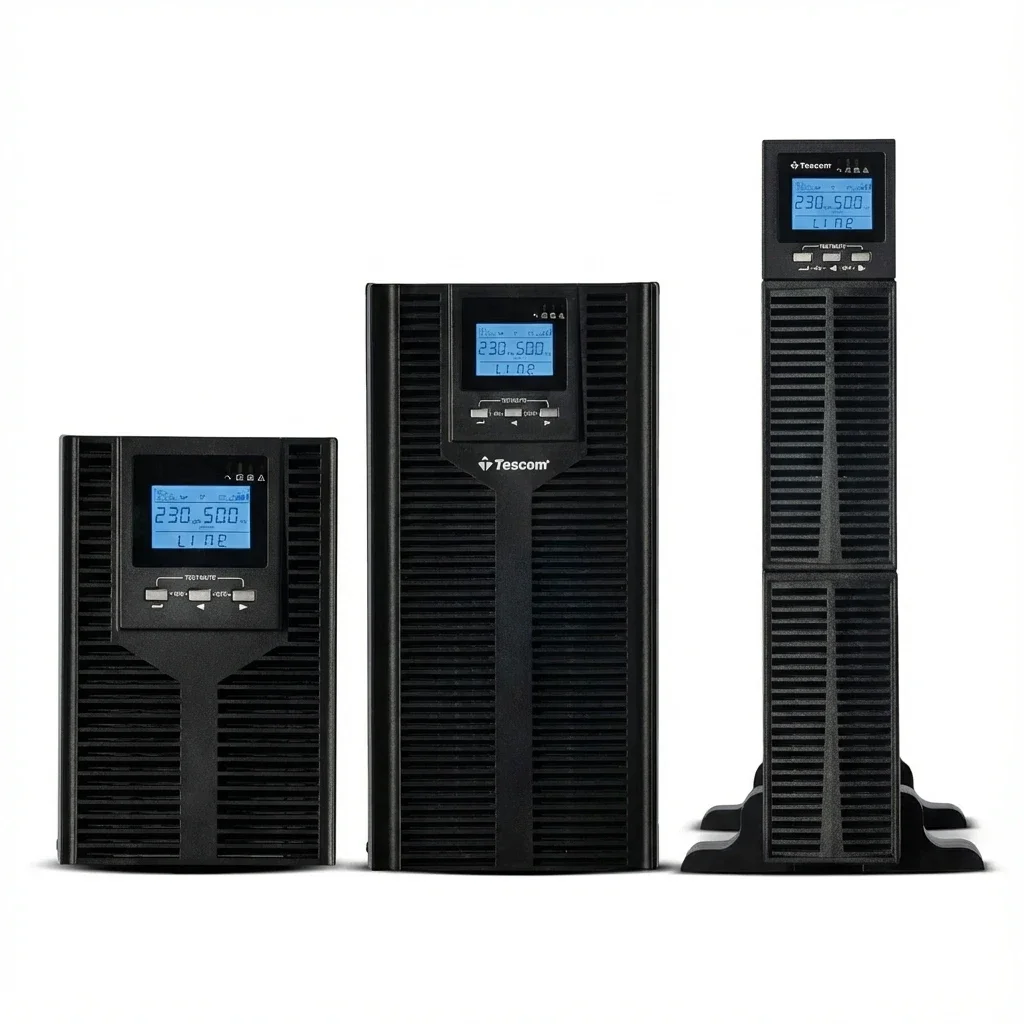 PRIME
PRIME
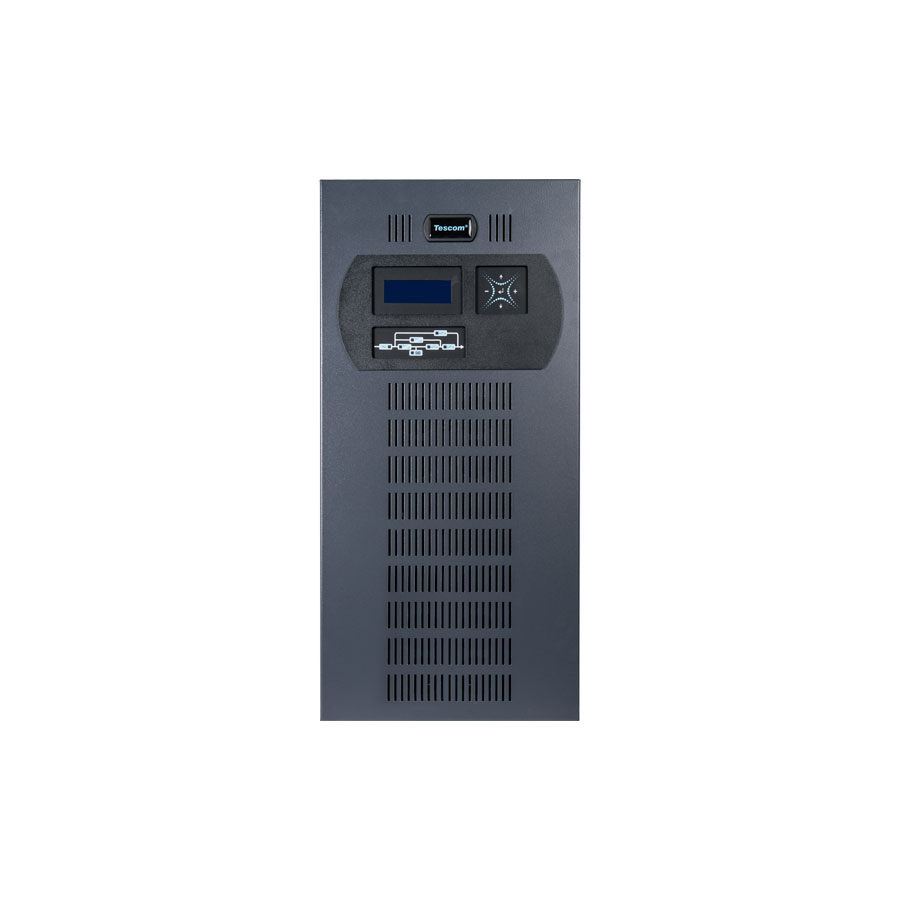 DS 300 SH/SHB
DS 300 SH/SHB
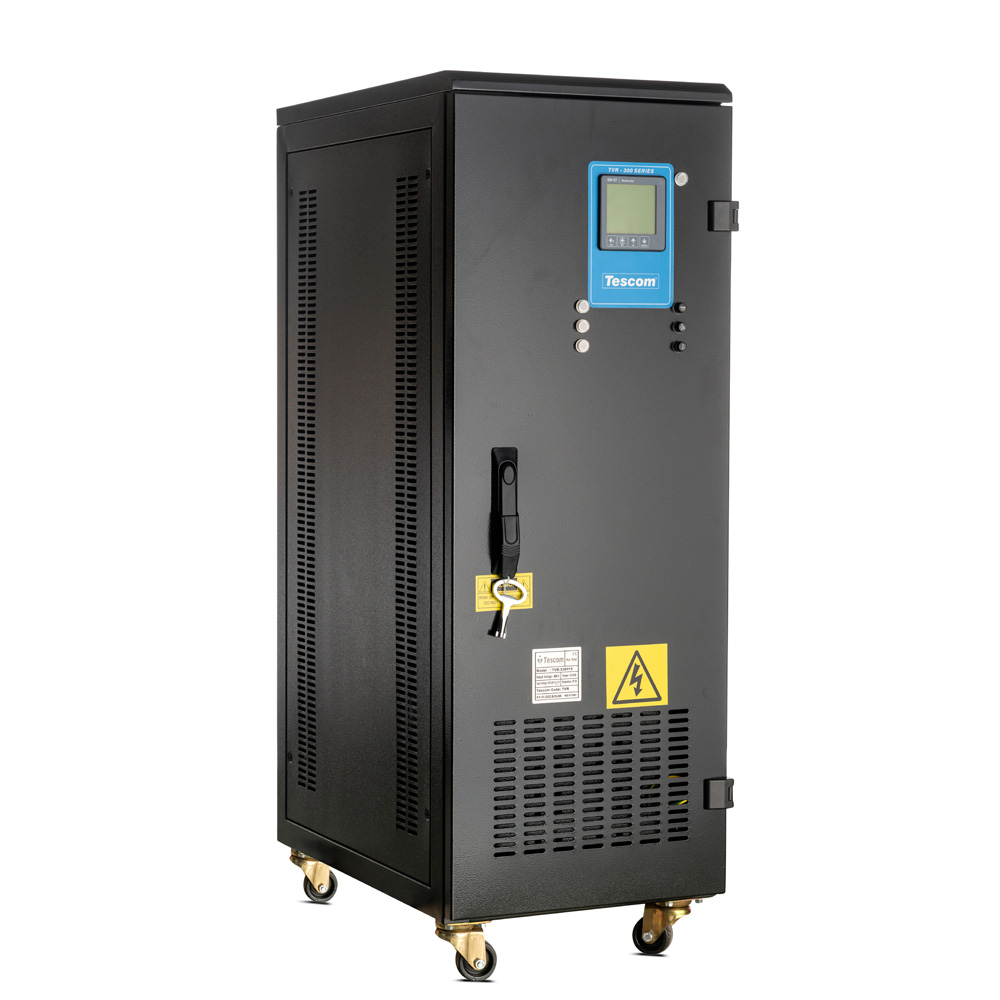 AVR 33
AVR 33
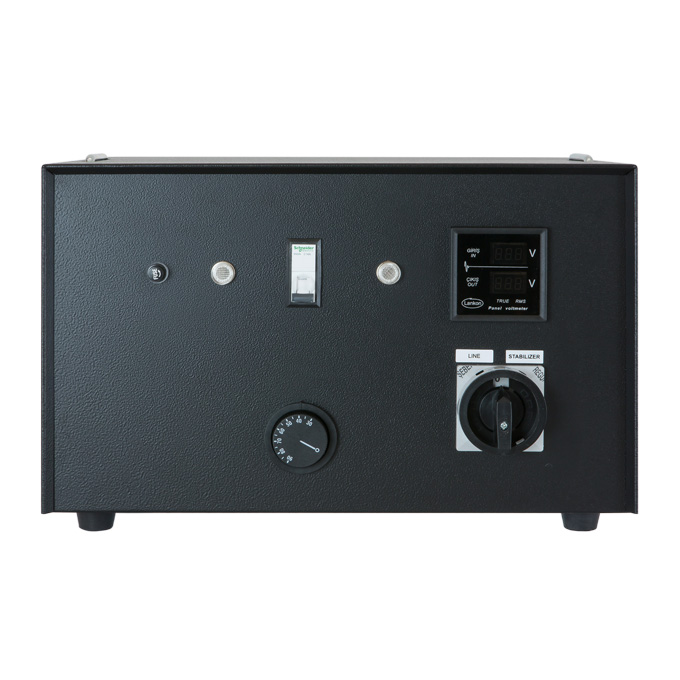 AVR 11
AVR 11
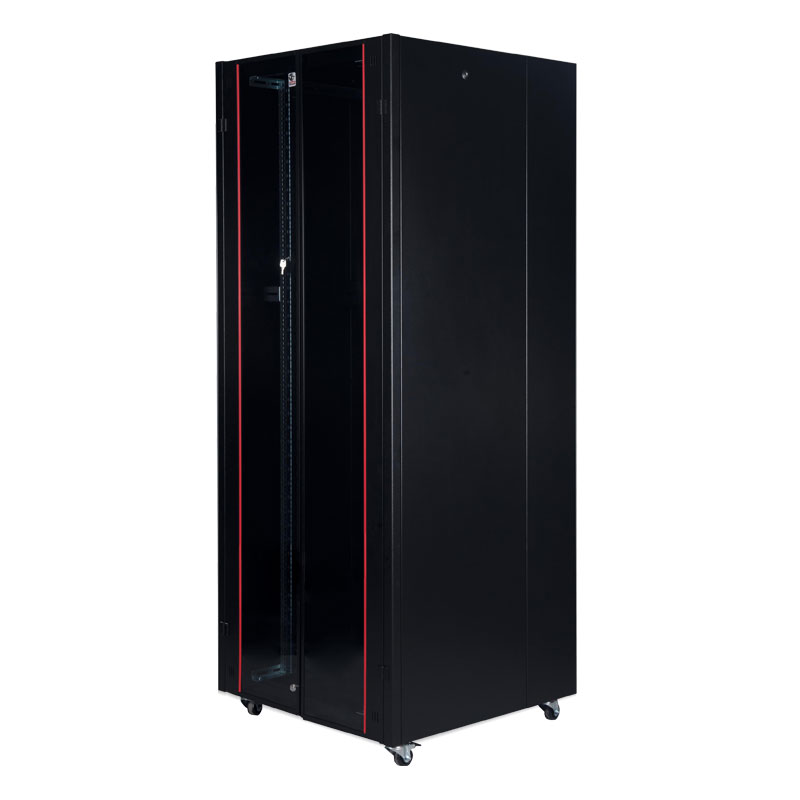 HYPERLINE
HYPERLINE
 DYNAMIC BASIC
DYNAMIC BASIC
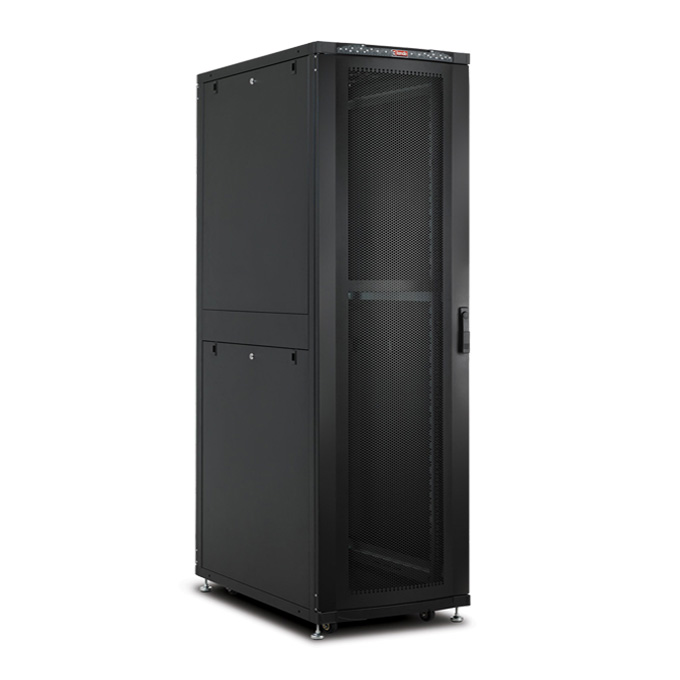 DYNAMAX
DYNAMAX

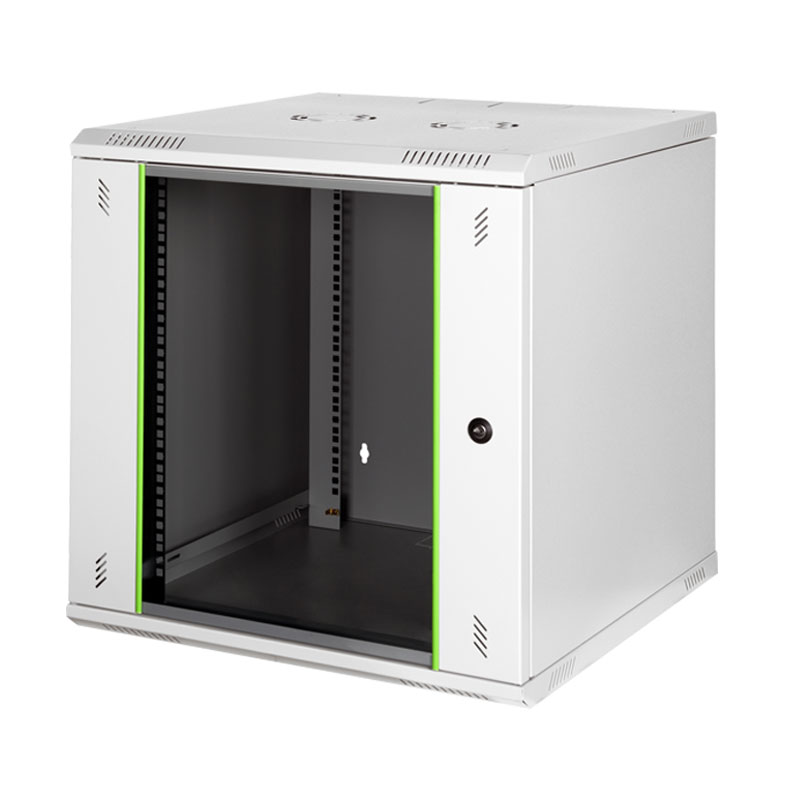 PROLINE B
PROLINE B
 SAFEBOX B IP55 / OUTDOOR
SAFEBOX B IP55 / OUTDOOR
 SAFEBOX B IP55 / INDOOR
SAFEBOX B IP55 / INDOOR
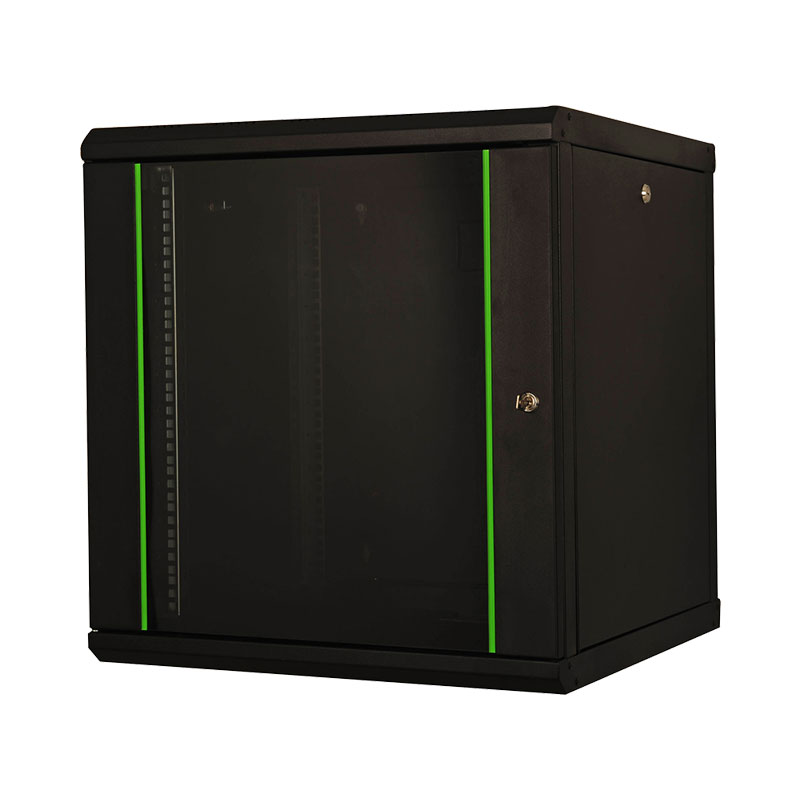 PROLINE
PROLINE
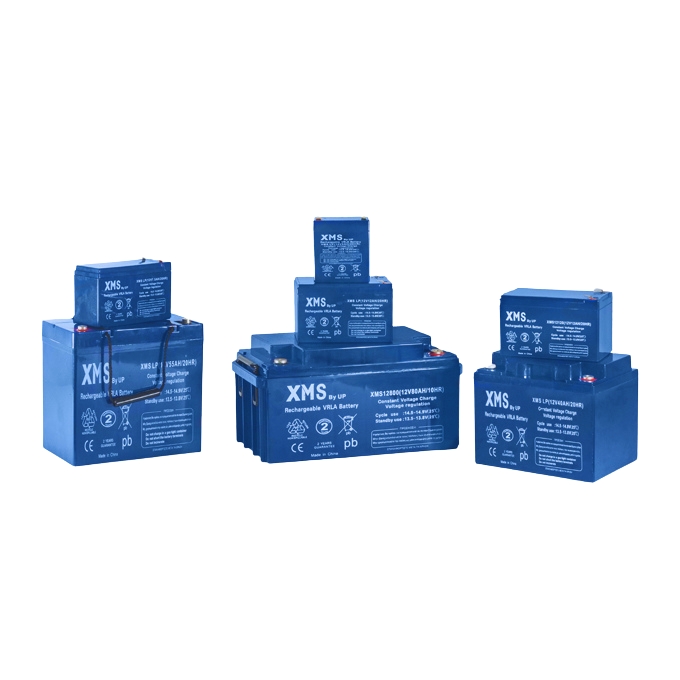 LP
LP
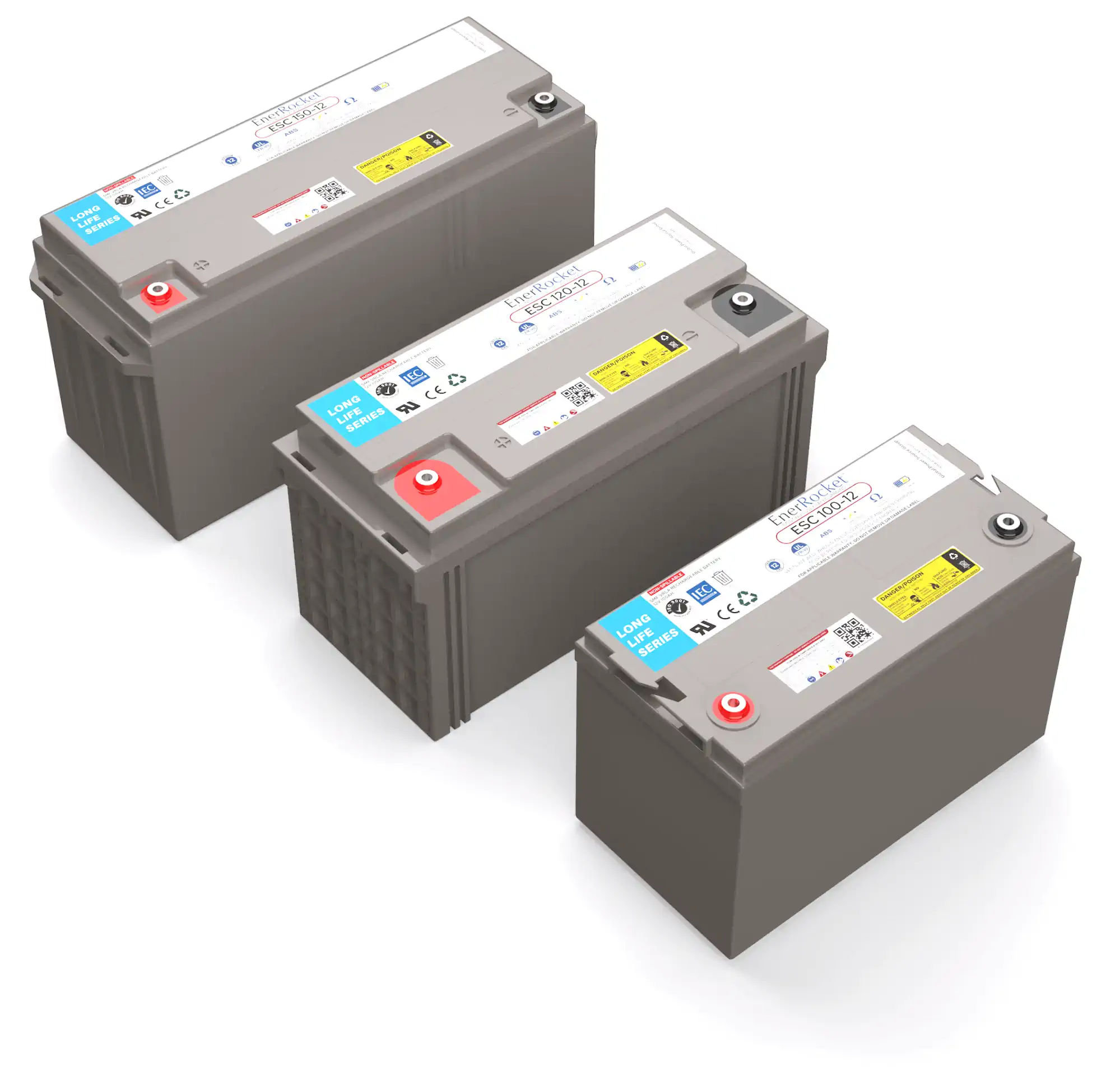 ES/ESC
ES/ESC
 Connection Symbols
Connection Symbols
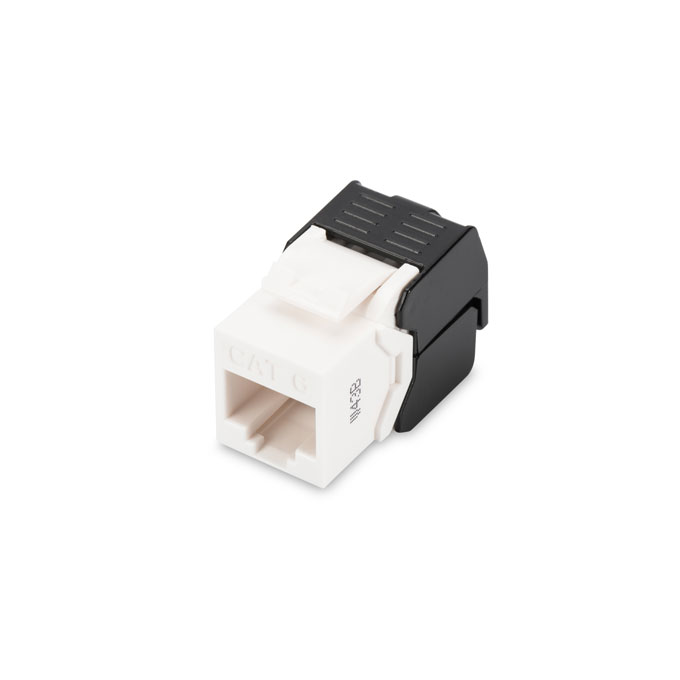 JACK KEYSTONE
JACK KEYSTONE
 PATCH CORD CAT6A
PATCH CORD CAT6A
 PATCH CORD CAT6
PATCH CORD CAT6
 PATCH CABLE RAW
PATCH CABLE RAW
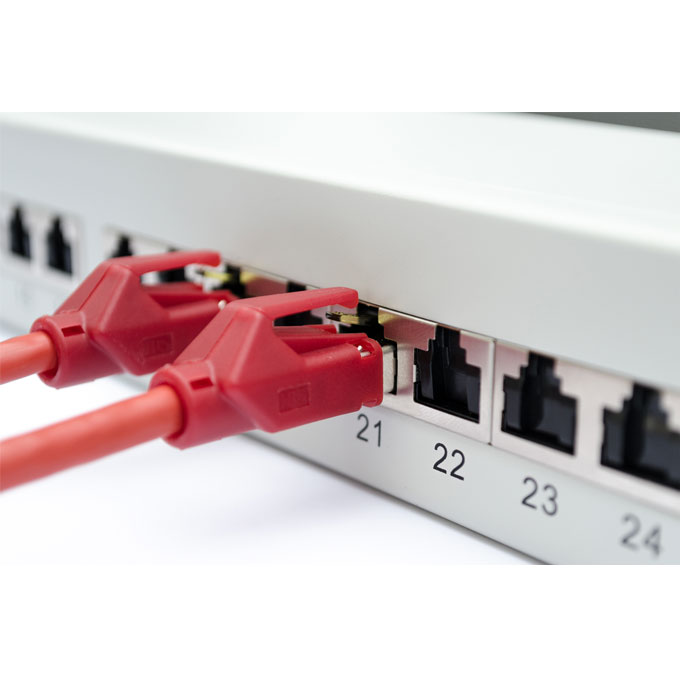 PATCH PANELS
PATCH PANELS
 SWITCHES
SWITCHES
 DIESEL / Baudouin
DIESEL / Baudouin
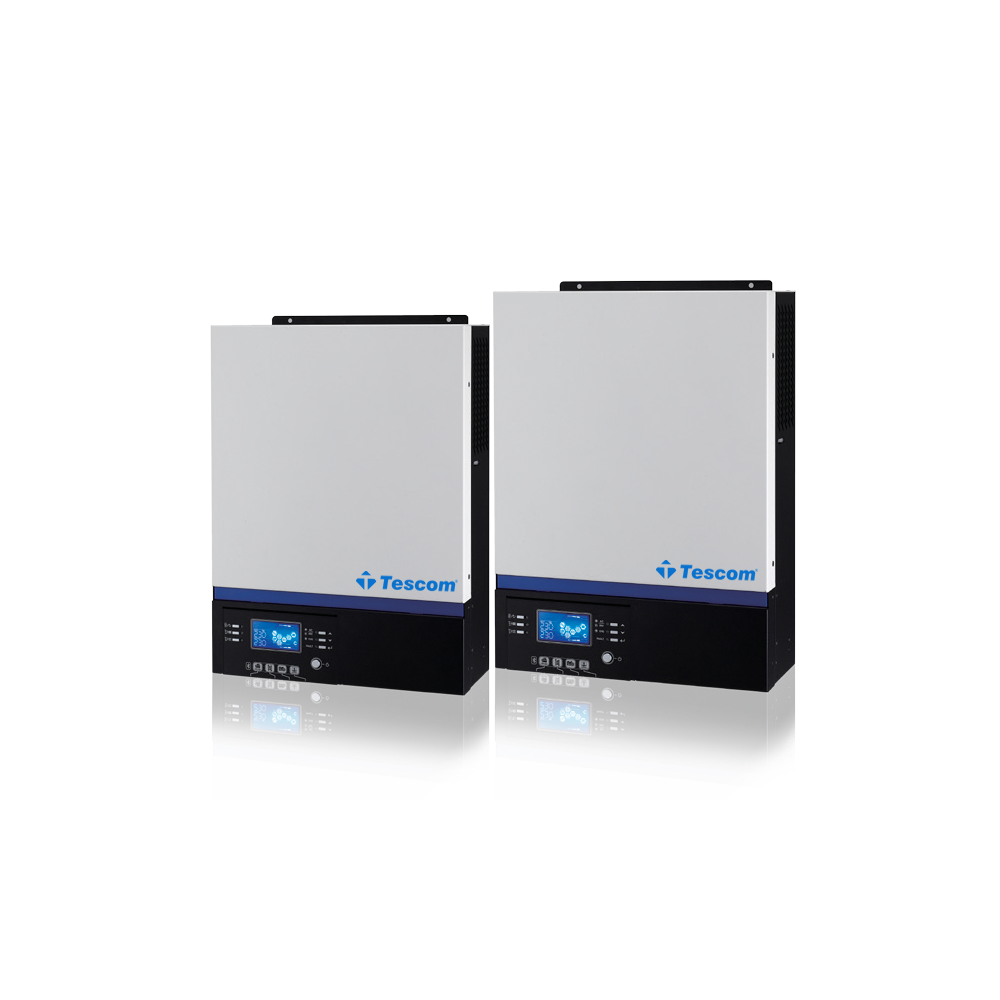 SINGLE PHASE
SINGLE PHASE
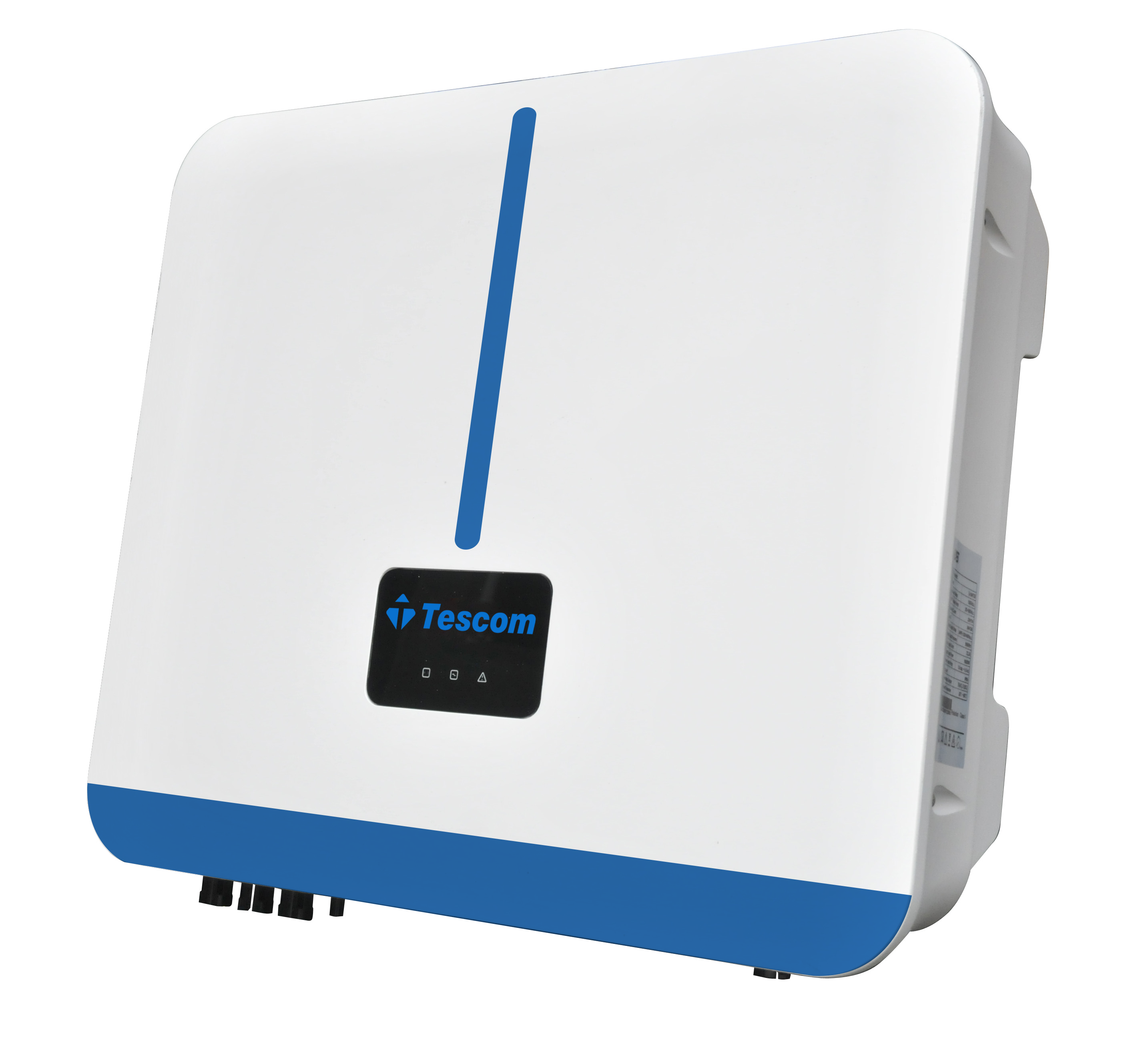 INVERTER 3phase
INVERTER 3phase
 INVERTER 1phase
INVERTER 1phase
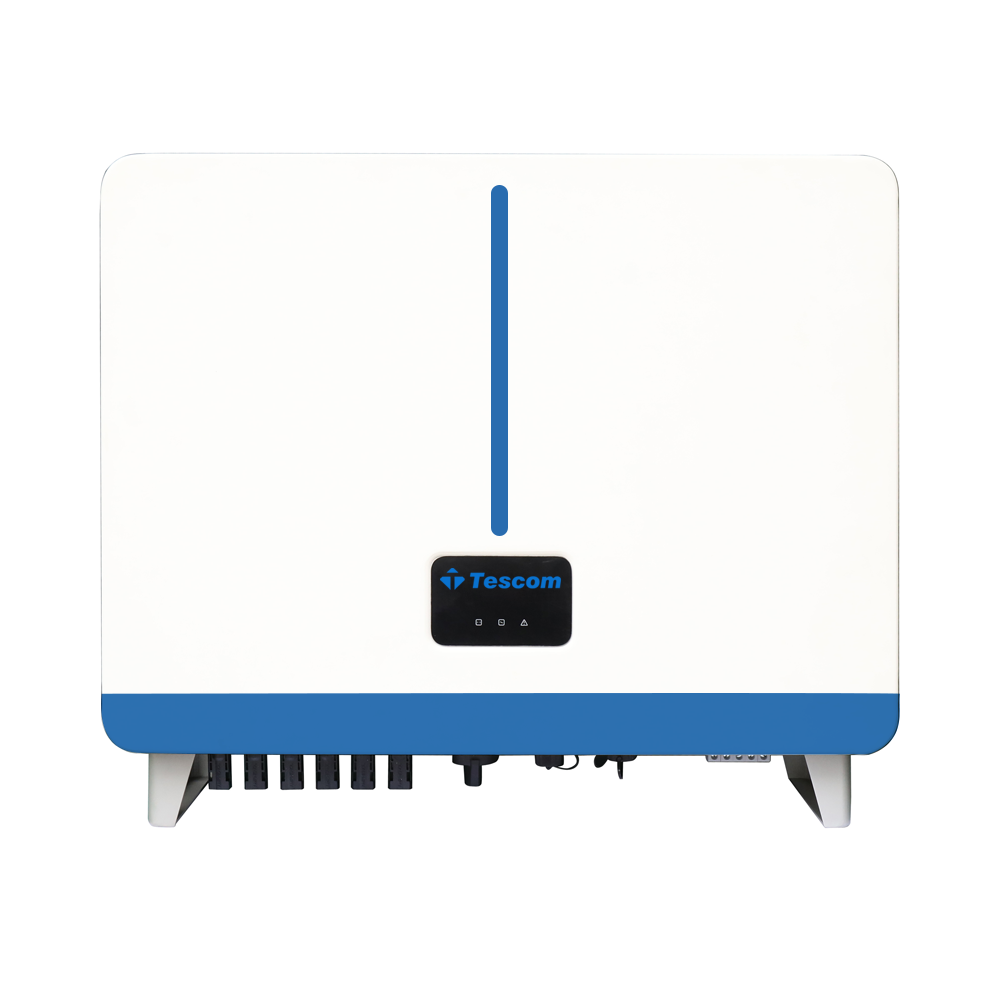 INVERTER Industrial
INVERTER Industrial
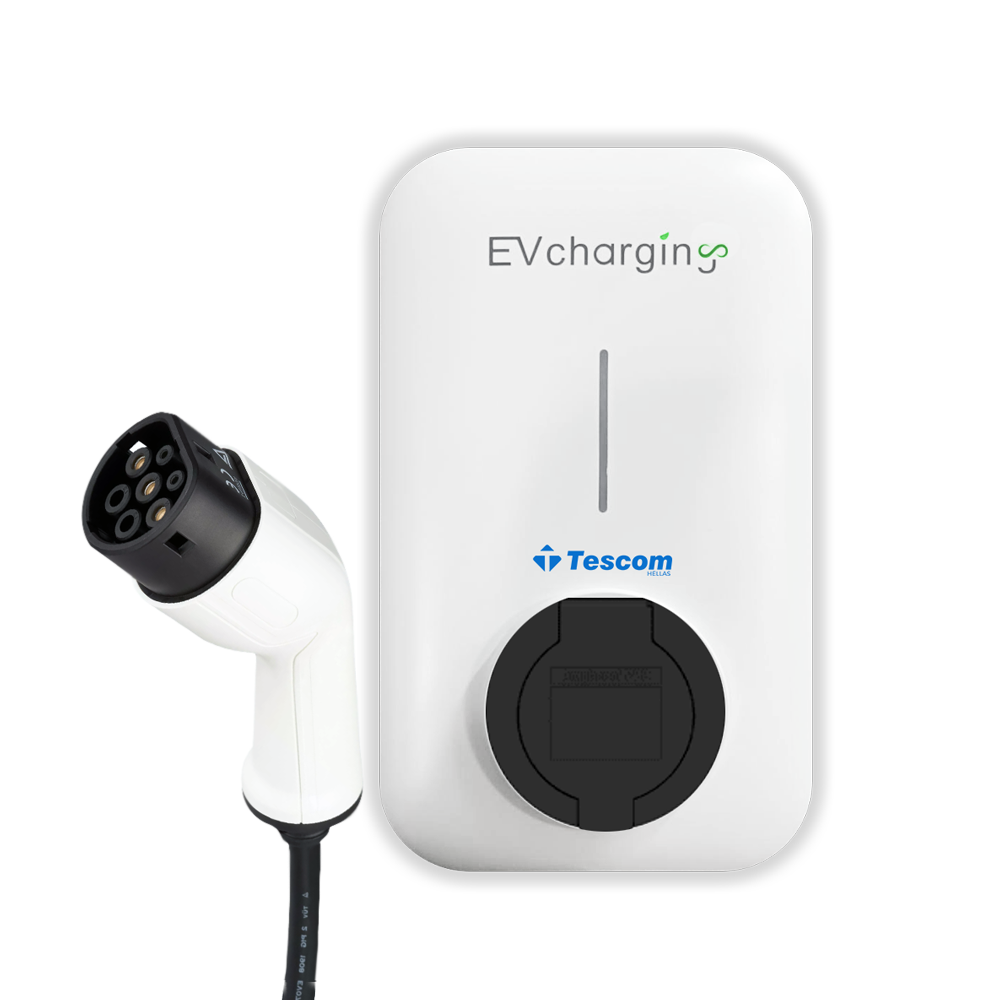 EV CHARGER
EV CHARGER